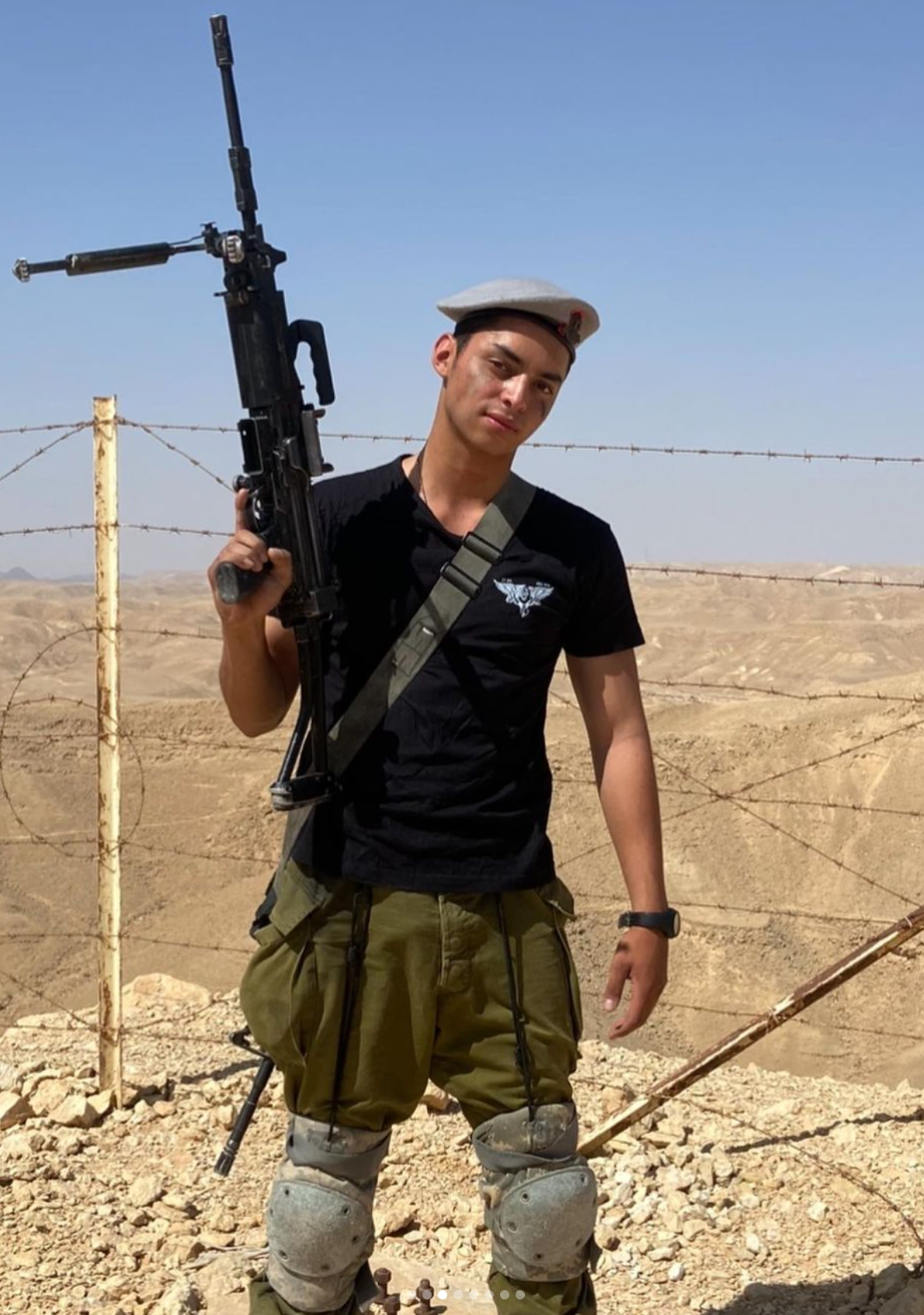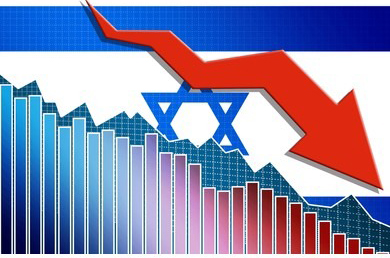In a landmark move, the Hind Rajab Foundation (HRF), in partnership with the March 30 Movement, has filed a criminal complaint in Ecuador against Ecuadorian citizen Sahar Enrique Cohen for alleged war crimes in Gaza.
Cohen’s involvement in the March 2024 assault on Al-Shifa Hospital reportedly resulted in numerous civilian casualties, including children and elderly individuals seeking shelter.
This case invokes Ecuador’s Comprehensive Organic Criminal Code, specifically Article 14, which enables the prosecution of international crimes that violate human rights.
HRF, founded in memory of five-year-old Hind Rajab — who, along with her family, was killed in Gaza by Israeli forces — has become a central figure in the fight for accountability. Hind’s death, condemned by UN human rights experts as a war crime, has fueled international outrage and driven the HRF’s mission to pursue justice for Gaza’s civilian victims.
A Growing International Response: Ecuador and Morocco Lead National Cases
The Ecuadorian case aligns with Morocco’s recent legal pursuit of Israeli soldier Moshe Avichzer, charged with similar war crimes in Gaza under Morocco’s Anti-Terrorism Law. Moroccan authorities filed these charges after Avichzer was recognized while vacationing in Marrakech, igniting public protests and demands to reassess Morocco’s diplomatic ties with Israel, established under the 2020 Abraham Accords.
Together, these cases mark a significant application of universal jurisdiction, as both Ecuador and Morocco assert that alleged crimes of this magnitude demand international accountability regardless of borders.
South Africa’s Landmark Case at the ICJ
Alongside Ecuador and Morocco, South Africa has taken an unprecedented step by filing a memorial with the International Court of Justice (ICJ), presenting over 4,000 pages of evidence to support claims that Israel’s actions in Gaza amount to genocide.
The filing asserts that Israel’s blockade, the use of starvation as a weapon, and the obstruction of humanitarian aid exemplify a broader strategy of systematic violence against Palestinians.
South African President Cyril Ramaphosa, in his address to the United Nations, likened Palestine’s plight to apartheid, calling for a global response similar to the solidarity that helped end apartheid in South Africa.
South Africa’s ICJ case has since garnered support from over a dozen countries, signaling widespread backing for international justice mechanisms that address such alleged atrocities.

ICC’s Pursuit of Israeli Leadership
The International Criminal Court (ICC) has intensified its investigation, with Prosecutor Karim Khan applying for arrest warrants against Israeli Prime Minister Benjamin Netanyahu and Defense Minister Yoav Gallant.
These charges include allegations of wilfully depriving civilians in Gaza of necessities, indiscriminate attacks on civilian areas, and using starvation as a warfare tactic. According to Khan, these actions, amounting to crimes against humanity and war crimes, follow a calculated campaign targeting Gaza’s population as a means to punish and weaken them amid the conflict.
If granted, these warrants would represent a historic legal action against Israeli leaders, further underscoring the international response to Gaza’s humanitarian crisis.
The United Kingdom has also signaled its willingness to assist the ICC investigation, offering intelligence gathered from surveillance flights over Gaza that could substantiate the ICC’s claims. This assistance underscores a growing international resolve to address alleged human rights abuses through collective legal measures, even among traditionally allied nations.

A Unified Message: Justice for Hind Rajab and Gaza’s Civilians
These combined actions by Ecuador, Morocco, South Africa, and the ICC signify a unified message: alleged war crimes and crimes against humanity will face global scrutiny, with no immunity for those implicated.
The cases represent a pivotal moment for universal jurisdiction, with international and domestic courts joining forces to challenge what many perceive as impunity in Gaza.
HRF’s founder, Dyab Abou Jahjah, underscored the foundation’s commitment to justice for Gaza’s victims, particularly for those like Hind Rajab, saying, “No stone will be left unturned.”
As the cases proceed, observers view these efforts as part of a broader movement to ensure that international humanitarian principles are upheld, regardless of nationality or political affiliations.
With global attention on Gaza, this unprecedented collaboration may signal a new era in which accountability for war crimes crosses borders and holds even the most powerful accountable.




